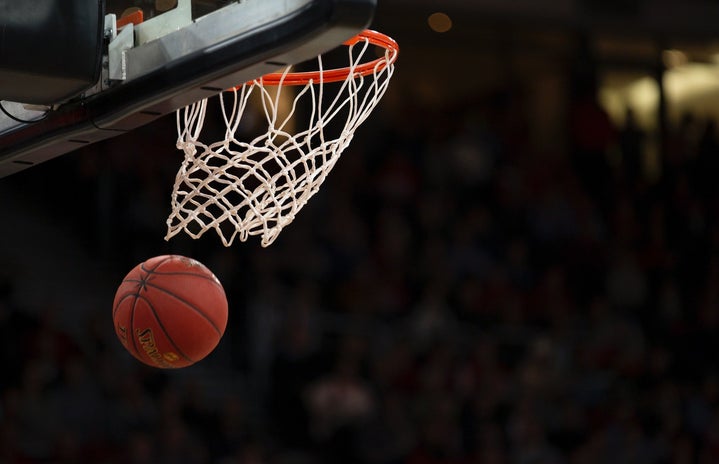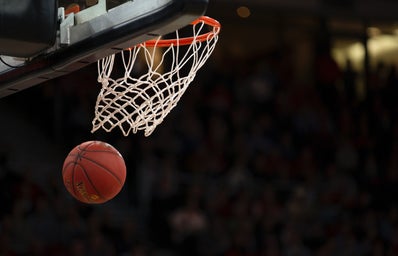After a major push from university-goers, California Governor Gavin Newsom signed the Fair Pay to Play Act into law, making it illegal for any college within the state to deny athletes the right to be compensated for the use of their names, images, &/or likenesses — or in other words, to profit from the use of their own identities — as well as hire agents to secure outside commercial opportunities so long as there are no known conflicts with school sponsorship deals. With California’s bold move & incessant public pressure, in November of last year, the NCAA had unanimously voted in favor of permitting college athletes to financially profit from the use of their given identities.
Set to go into effect in 2021, the “NIL” law will essentially change the entire foundation of the NCAA & college sports, blurring the line between amateurism & professional athletics. Other states, like New York, have followed suit & began to draft bills that provide similar, if not the same, basic rights as stated in California’s law.
While many see this sweeping reform as a positive change in the world of intercollegiate athletics, others have voiced concerns regarding a possible upset of the delicate competitive balance amongst universities, a possible loss of highly-competitive amateur periods between youth & professional sports, & most importantly, a possible degradation of academic integrity & university commitments to that end.
The NIL policies are quickly piercing the historically-protective veil of amateurism within the NCAA, something that was implemented in order to push off the hectic & often times unethical world of professional sports & sports business as well as maintain the true purpose of attending college — that being intellectual enlightenment & the pursuit of academia, not necessarily profiting from the participation of sports that are not technically “professional level.” Despite this fact, college athletes now have the means to negotiate compensation based upon the usage of their own identities, a right almost anyone else would have without question.
So exactly how will the future of intercollegiate sports & the experience of student athletes change with these main policy amendments? Only time will tell.


